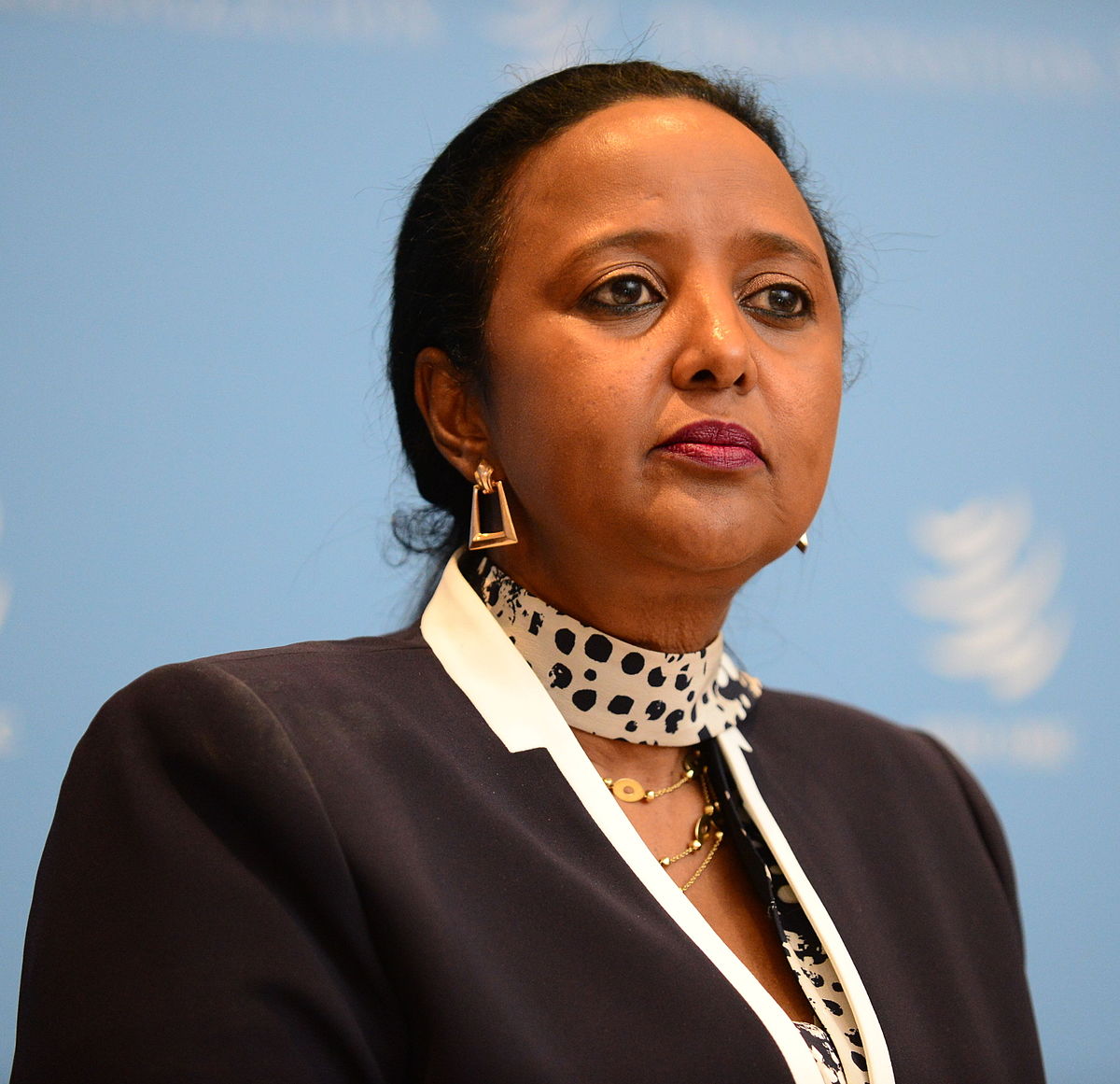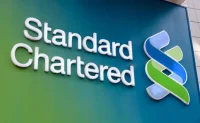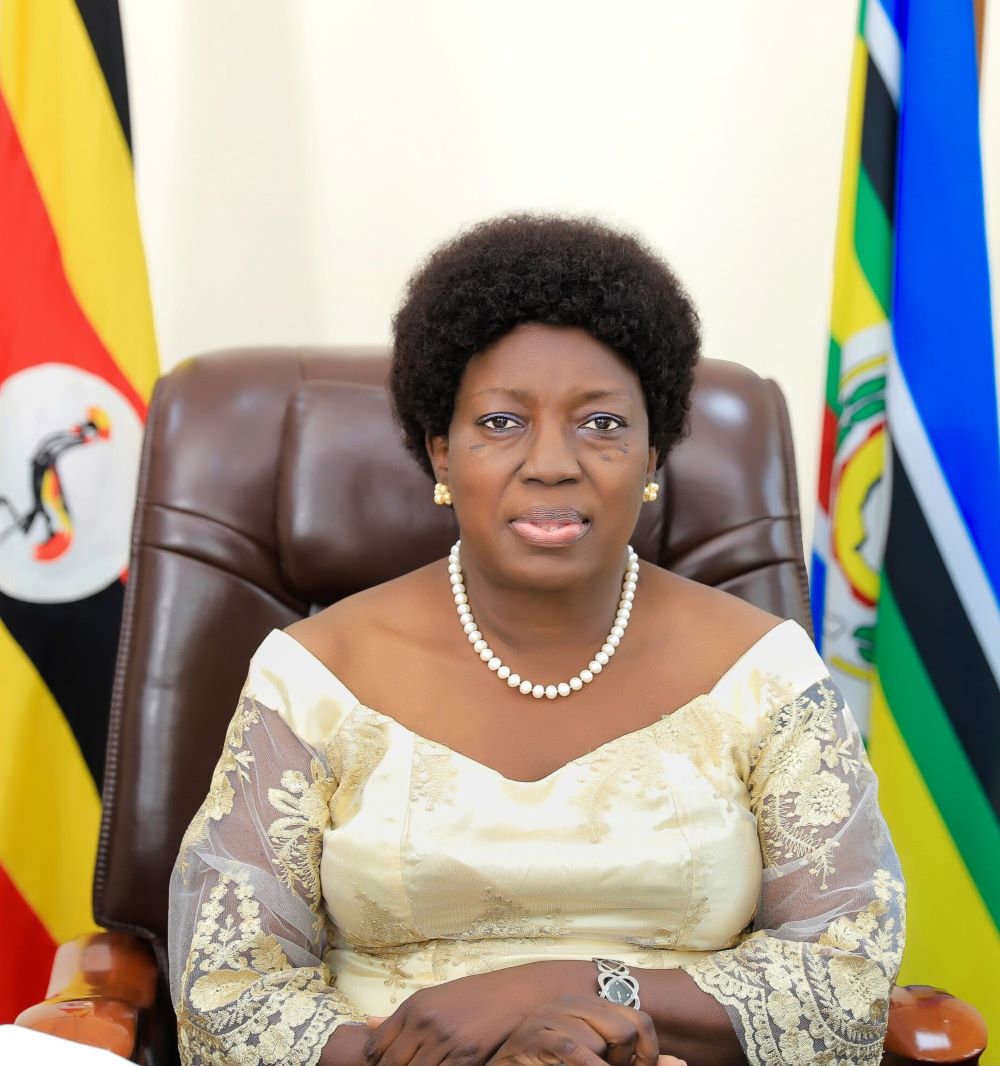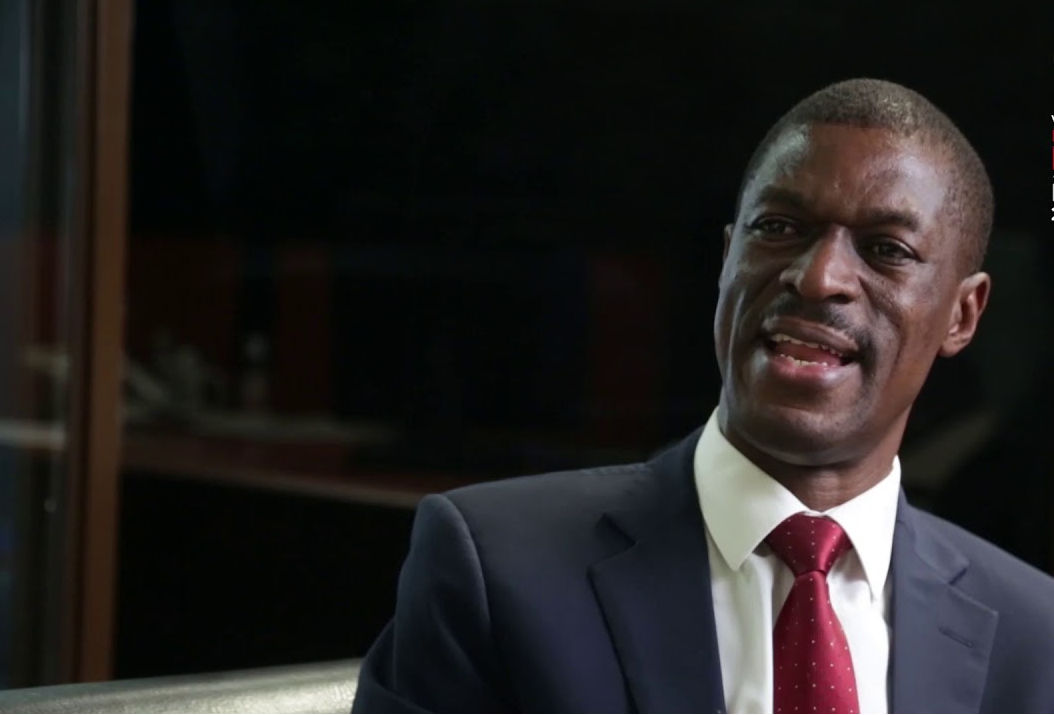Education ministers from the Sub-Saharan African region on Wednesday renewed call for investments in continuous education and training in a bid to achieve shared prosperity and stability.
The ministers who attended the Pan African Conference on Education in Nairobi said that life-long learning holds the key to the continent’s socio-economic and political transformation.
Kenya’s Education Cabinet Secretary Amina Mohamed, in her opening remarks, said that higher literacy levels coupled with vocational training have the potential to lift African countries from the scourges of poverty, disease, conflicts and under-development.
“The future growth and prosperity of our continent lies in the investments we make to ensure universal access to quality education is achieved,” Mohamed said.
More than 40 African education ministers, policymakers, scholars and representatives of multilateral institutions are attending the three-day forum to review the status of Sustainable Development Goals (SDG) 4 on education in the continent.
Kenya’s ministry of Education is co-hosting the forum together with African Union (AU) and the United Nations Educational Scientific and Cultural Organization (UNESCO).
Mohamed said the conference is taking place against a backdrop of renewed political goodwill in Africa to expand learning opportunities to the continent’s youth in order to tackle unemployment and attendant social ills.
“We must realign our policies and learn from each other to boost literacy and numeracy skills of our youth. This demographic will determine realization of goals outlined in the Africa’s Agenda 2063 on socio-economic transformation,” said Mohamed.
Realization of a prosperous, integrated and peaceful Africa hinges on access to quality and affordable education from primary to tertiary levels.
Sarah Anyang Agbor, the AU Commissioner for Human Resources, Science and Technology, urged governments and private sector to invest in literacy programs whose ripple effects will be felt across key sectors of the economy.
“We should equip African youth with skills and knowledge in order to generate home-grown solutions to our challenges,” said Agbor, adding that school curriculum in the continent should be reviewed in order to make it responsive to market needs.
Firmin Edouard Matoko, the UNESCO Assistant Director General for Education, said that African countries have the capacity to achieve universal education targets subject to policy reforms and targeted investments in early childhood learning as well as vocational training.
READ: Be wary, investors warned as land prices take hits
“The debate should now focus on best practices that we can apply to close gaps in access to quality education,” Matoko remarked.
He added that multilateral agencies have rallied behind technologies and innovations that would transform education sector in Africa.










![Lucy Mulili (left) presents certificates and trophies to the winners of the just concluded Huawei National ICT competition. [Photo/ Courtesy]](https://businesstoday.co.ke/wp-content/uploads/2022/01/Webp.net-compress-image-17-scaled.jpg)

Leave a comment